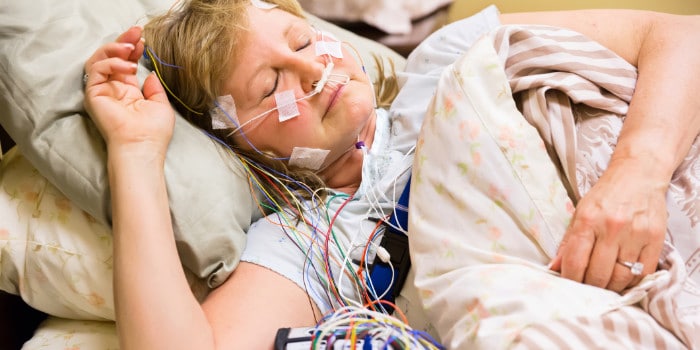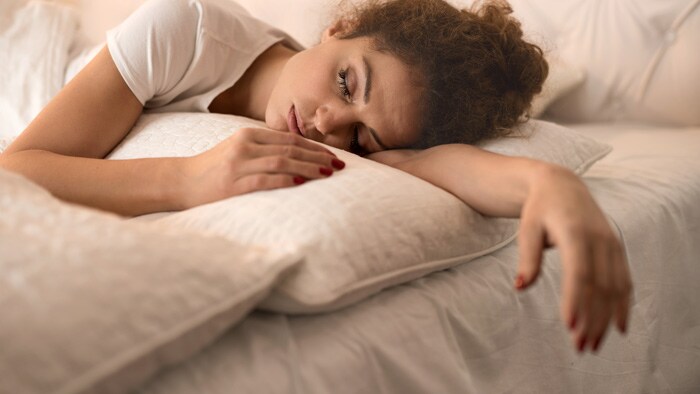Sleep Apnea & ADHD in Children: Is There a Connection?
Is there a connection between sleep apnea and ADHD in children? According to a 2016 study in the Journal of Clinical Sleep Medicine, it's unclear. More studies are needed to understand the connection between ADHD and sleep issues, including whether only certain subtypes of ADHD are affected. The symptoms of each can overlap in many ways. This is why it's important to see a doctor and request a sleep study if you suspect your child might have ADHD or sleep apnea.
Symptoms of ADHD and Sleep Apnea in Children
The symptoms of ADHD in children include inattentiveness, impulsiveness, hyperactivity, and mood swings (which may be tied to impulsiveness.) Sometimes children may not have all the symptoms. They may be inattentive or get lost in their thoughts, but they're not hyperactive. They may be impulsive, but able to pay attention. Children with ADHD might have trouble following instructions, finishing projects, or they may frequently lose items. The symptoms of sleep apnea in children may include the hallmark signs like snoring, pauses in breathing while asleep, or not feeling rested in the morning. They may also choke or cough in their sleep, breathe through their mouth, have sleep terrors, or wet the bed. Sleep apnea can also cause sleep deprivation. The symptoms of sleep deprivation in children may include hyperactivity, trouble paying attention, behavioral issues, and poor school performance.
Sleep Deprivation and ADHD
If you look at the symptoms of sleep deprivation listed in the section above, you might notice that they're very similar to the symptoms of ADHD in children. The symptoms are so similar that it can sometimes be tough to tell the difference between the two. Problems with sleep are common in children with ADHD. In fact, 75 percent of adults and children with ADHD also have trouble sleeping. So it can be tough to know where in the cycle your child is falling. Does he have sleep apnea and resulting sleep deprivation, which is causing symptoms similar to ADHD? Or is his ADHD causing sleep deprivation, which is worsening the ADHD symptoms?
ADHD 's Connection to the Circadian Rhythm
On top of all of this, there is one more interesting caveat to study. ADHD may be linked to disruptions in the circadian rhythm itself. One sleep disorder that may occur with ADHD is delayed sleep phase syndrome. This occurs when the circadian clock is off a bit, so people feel less tired at night and have trouble waking in the morning. This can affect children or adults. Scientists are exploring whether disruptions to the circadian rhythm could sometimes cause ADHD. But the science is far from settled. Professor Andreas Reif of the University Hospital in Frankfurt said: "A disturbance of the circadian system may indeed be a core mechanism in ADHD... More research into the interconnections between ADHD and the 'inner clock' is thus very relevant to improve patients' lives and to shed light on the disease mechanism of ADHD." So on top of sleep apnea possibly causing symptoms of ADHD, a delay in the circadian cycle might do the same thing too.
This Overlap Makes It Important to See a Doctor
The overlap between sleep apnea, circadian rhythm issues, and ADHD can sometimes make it tough to pinpoint which problem came first. That's why you should see a doctor if you suspect your child may have a sleep disorder or ADHD. You'll want to ask specifically for a sleep study, which can identify if your child has sleep apnea.


